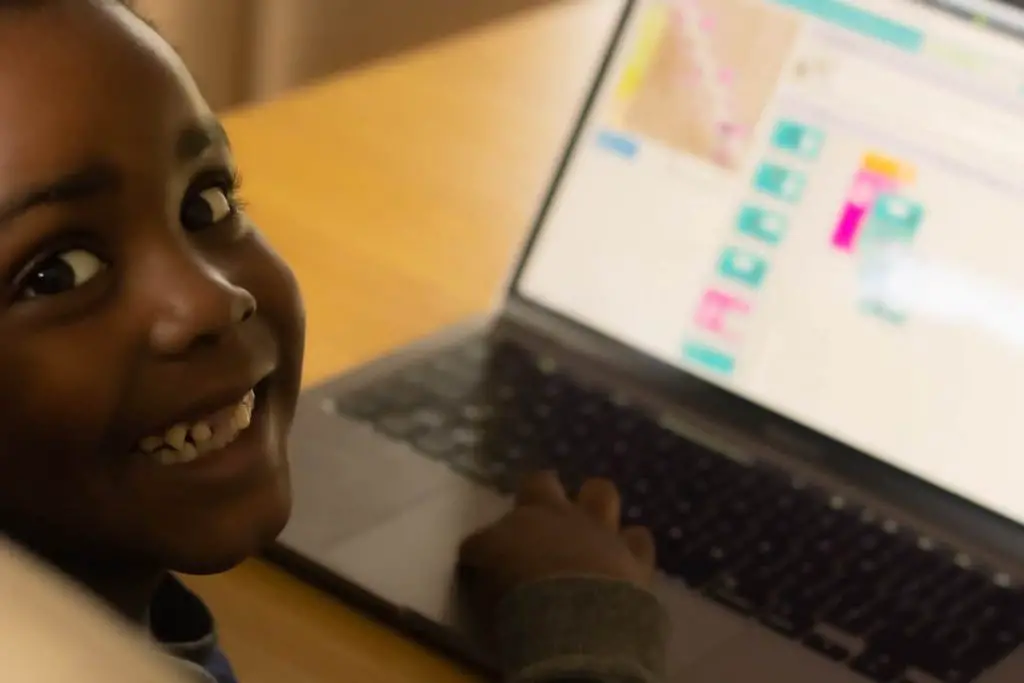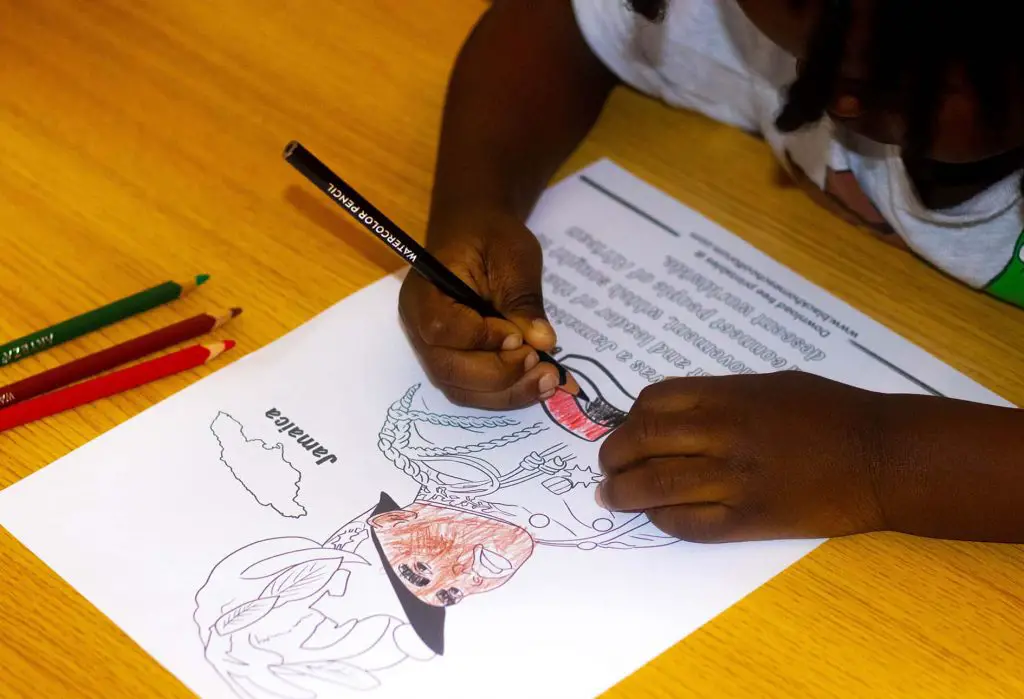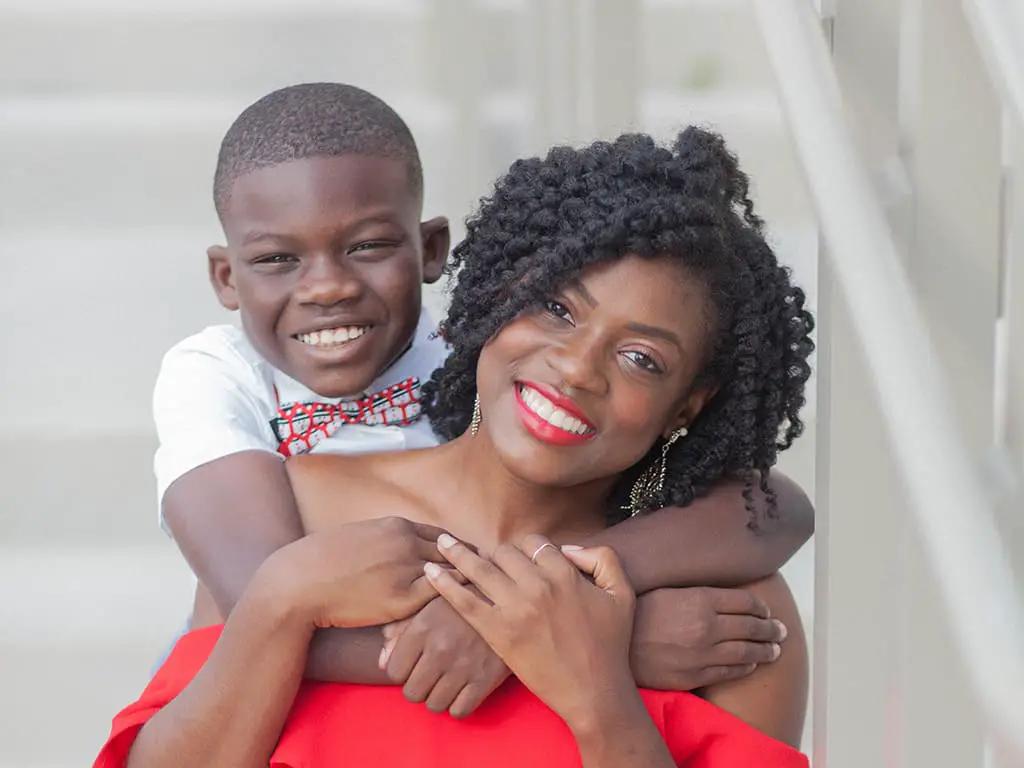Black or African history is one very expansive area that is, sadly, left out of school curricula, or worse, mistold. For years, the only black history in schools worldwide, including Africa, focussed on slavery, colonialism, and the aid afforded to blacks home and abroad. These are lessons that only encourage inferiority and a distorted perception of our reality today.
This narrative needs to be changed. All black children need to learn how their ancestors lived, how dynamic and innovative they were, and their crucial role in the development of global civilization as we know it today.
In months following the killing of George Floyd and the Black Lives Matter movement’s resurgence, many black people born and raised in the UK have aired their disappointment of not learning their history in school. As a result, calls for the curriculum to be inclusive of pre-slavery black history have only mounted. There have been loud cries that the curriculum needs to involve black history in its entirety as African Studies wherein children learn the culture of Africans before, during, and after the period of European expansion and scramble for Africa.
Did you your children know Africa existed before slavery?
Before slavery and the subsequent colonialism, Africa was a land of wealth, power, civilization, and innovation. In all aspects of life, black people then had systems in place that worked for them, and they had priorities that are very different from the modern world. You would think that King Mansa Musa I, of Mali, still the richest human being in all history, would be a topic of study in school. How many children could tell you about him?…..But I bet they could tell you about Henry VIII…
How much fun would a lesson be, illustrating and narrating the time Mansa Musa walked this very same earth. And, gave away today’s equivalent of 100 million USD in gold. How inspired and engaged would little black boys and girls be in studies that showed this, the richest man to walk this earth looked like them and was worth 400 Billion USD in today’s currency.
The narrative in school curricula today is that Africans were primitive before the white man sailed down and helped them. Nothing can be further from the truth. Black children have to know that Africa was never underdeveloped, nor were their ancestors primitive. They lived a remarkable life, guided by truth, spirituality, responsibility, community, and innovation. Who knows what Africa would be like today had it not been disturbed by Europe?
Africa, pre-slavery and colonialism, had many traits we can use in the modern world to encourage peace and stability. The attributes, now called beliefs and deemed primitive, enhanced such success and wealth that people from other continents had to come and claim a piece of the land.

Sankofa!
The continent has many tribes, each with their own beliefs. In an original African setting, different clans within tribes served different purposes. Everyone had a role to play in the tribe, and they were taught this from a very young age. Young children knew if they were going to be leaders, healers, spiritual leaders, defenders of the land (now police), or more depending on which tribe and clan they were born into. There were rites of passage arrangements before that term was even coined in English. These things are important to know because if we do not know where we come from, how can we know where we are going? The concept of Sankofa is championed so much in the African diaspora community because we are beginning to understand we must go back and get it. We must return to some of our ancestor’s practices and return to our greatness. Our children are suffering from a lack of belonging and identity, by design.
Such intimate knowledge of life could not be primitive, and we owe it to our children to explain it to them. African systems inspired unity, development, peace, and wealth.
At all stages in life, Africans knew what they needed to do. In what may seem unnecessary today, Africans observed different rites of passage to make life easier for people. These milestones, birth, initiation, marriage, and death, marked the beginning of a new phase life with different responsibilities.
Children need to learn how these systems worked, the differences between tribes, and how colonialism disrupted Africa from a promising and unique future. Black children need to know their ancestors were human. They had dreams for their children; that the slavery and colonialism period didn’t dictate what their history was, it only successfully disrupted it.
It is also vital that the period of colonialism is taught to children in school. Black children have to know what led to colonialism, how it changed the future of Africa, and how it impacts our present, today.
Schools Will Never Teach African History In Its Entirety,
That Is Our Job.
Parents have a significant role to play in the emancipation of the black race. Before demanding that black history be included in the curriculum, they need to learn the past themselves. As we advocate for African studies in schools today, it is best to remember that African knowledge was orally passed from one generation to another. Passing traditional teachings from elders to the youth through word of mouth guaranteed they would respect the rites of passage as the only means to preserve the culture and promote development.
As parents, we have to understand that these rites of passage were first termed primitive when the Europeans invaded Africa. After that, the Europeans selectively wrote in books a history that hadn’t been written before. Knowing this, parents cannot continue relying on textbooks to teach children black history. We have to use our means to learn history, if need be, learn from the African indigenous people. We take our children to museums to see our own stolen artefacts and read what Europeans had written and ‘discovered’ about it when we should be planning mass History “Re-discovery” trips to Africa, selecting a culture or tribe to study and immersing ourselves and children in that.

Often times we wait too long to teach our children their story, for fear of angering them or making them feel bitter. Only to then have them go to school and watch ‘Roots’, with no context, leaving them confused with even more questions. (You can start teaching them from preschool by teaching them African history in its entirety, check this post on how to go about incorporating it into your usual educational schedule.) Or teach them about our achievements post-slavery and gloss over everything that led up to those events. We inadvertently make our history negative. And only think about the negative impact of teaching one section of it.
It is imperative to understand how positively the future can be impacted by learning African history. Black children, especially those living in the west, will learn to appreciate their ancestry and stop feeling apologetic when demanding equal rights. Such knowledge can teach children new and better ways of life, like emphasizing truth over justice, as in the African way of life.
Learning this history will encourage black children to live an African inspired way of life, not driven by racism, but by a need to make black history and culture global and accommodative, just as other cultures are.



